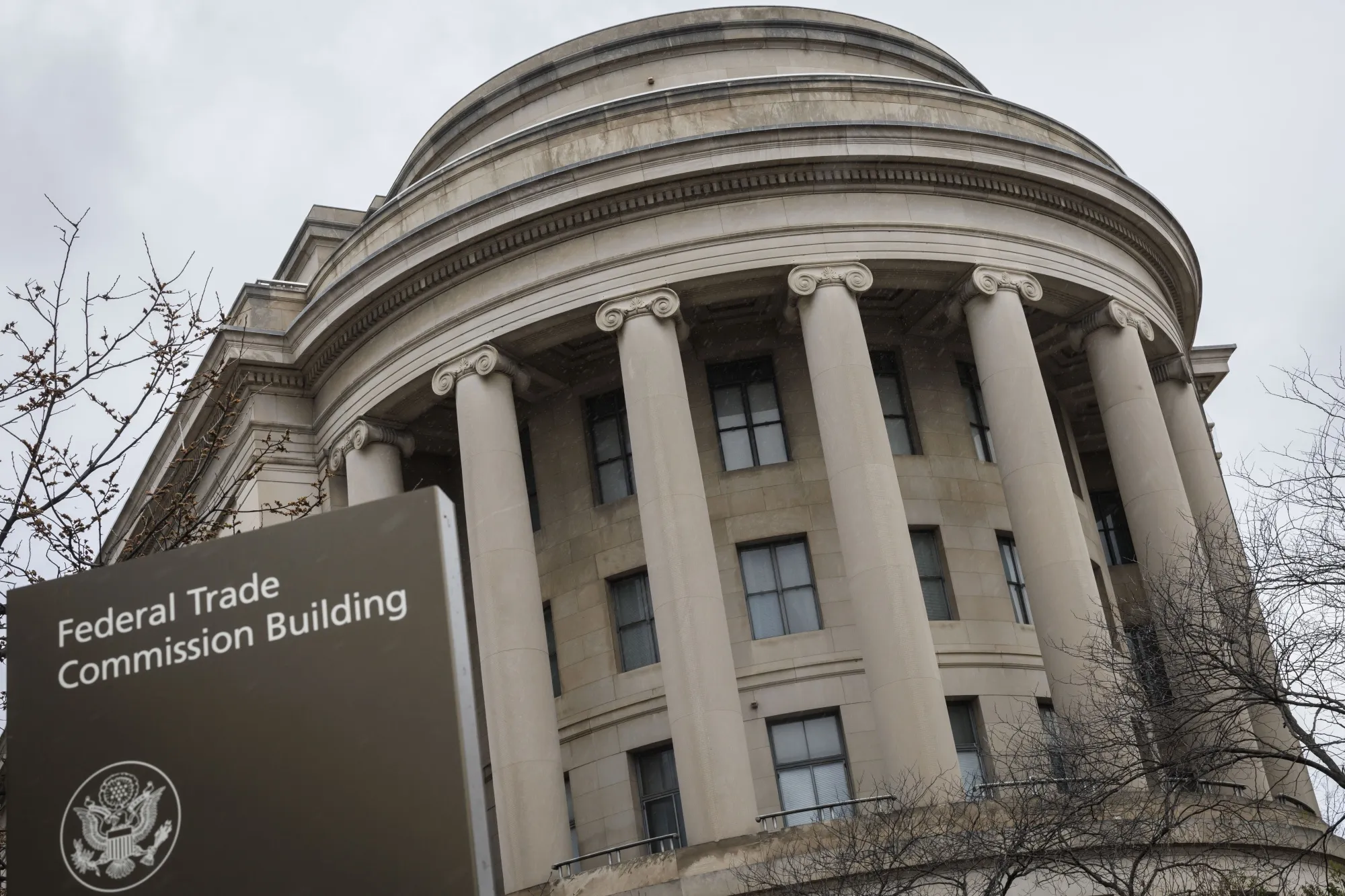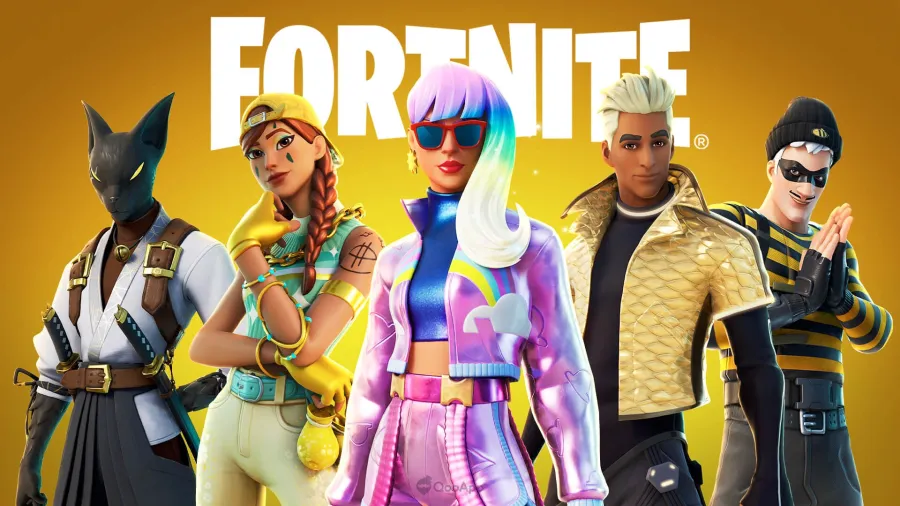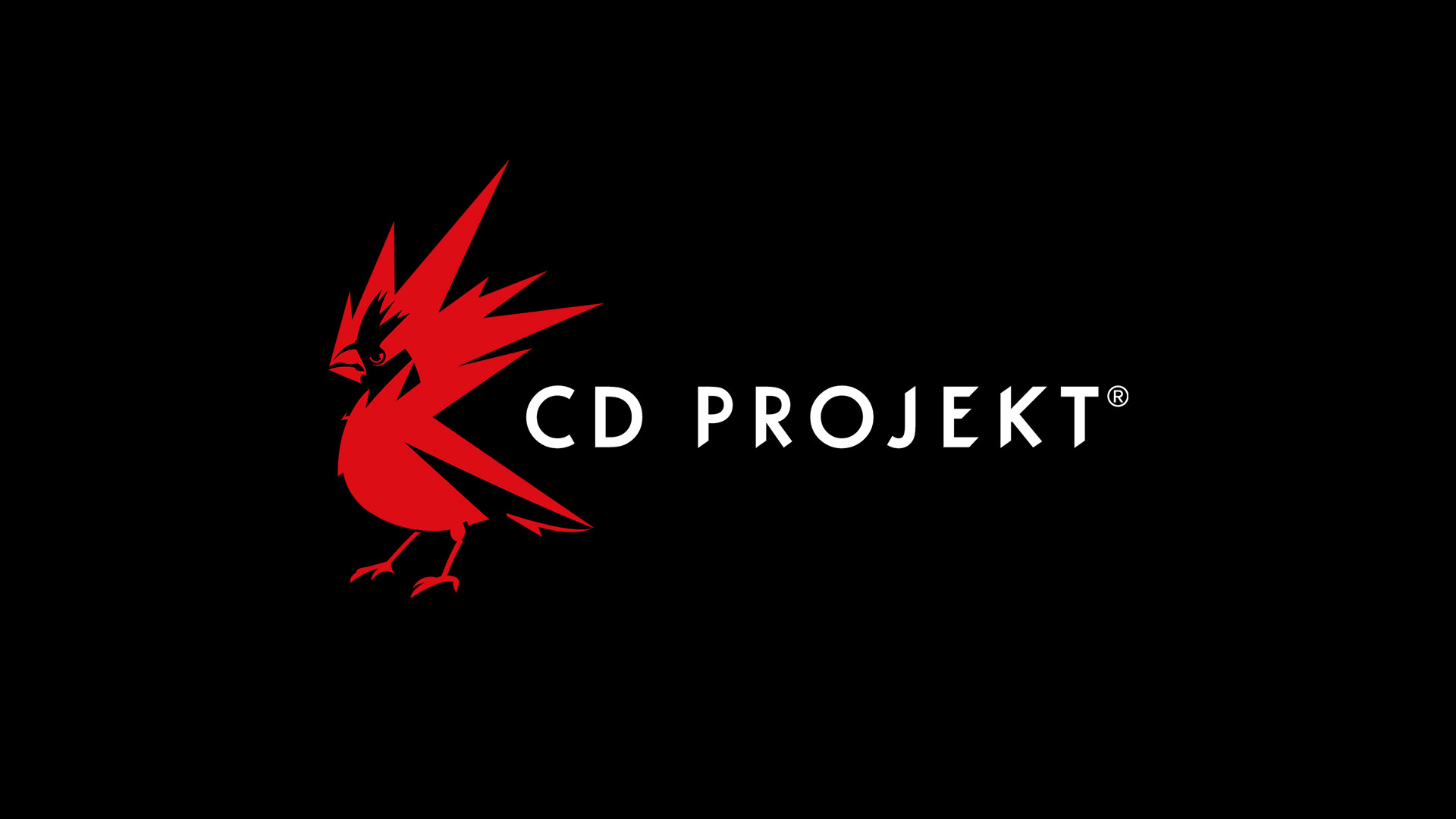Right when it looks like there’s no hope against gaming corporations, the FTC comes in to save the day. Case-in-point; Epic Games, famous for their video game online storefront and Fortnite, the biggest live-service videogame title ever, has the FTC’s attention. The reason? Why, it’s the FTC’s way of compensating players for unintentional in-game purchases. According to the FTC, they, the gamers, got ‘tricked’ into making unintentional in-game purchases. So, now, the FTC is rolling out refunds to these players.
The official news is that the Federal Trade Commission (FTC), all the way back in December 2022, passed a ruling for Epic Games’ anti-consumer practices. Now, the FTC can implement the agreement’s settlement terms of said ruling. We’ll look at the whole picture today and give you the whole history of this situation. Let’s get to it.
What Was The Cause For FTC To Take Action Against Epic Games?
Now, first, we’ll start with the accusations against Epic Games by the FTC. For those who don’t know, Fortnite is one of the most successful live-service video games in history. It sees a constant average concurrent player base of over a million, perhaps more, on a daily basis worldwide. In Fortnite’s Battle Royale mode, a hundred players compete against one another to be the last player standing. The map constantly shrinks, and there are plenty of weapons and resources to use to gain an advantage.

You see, while the game itself might be free to play, it has to generate revenue somehow. In Fortnite’s case, it’s through microtransactions, which are in-game purchases of items and cosmetics. Now, normally, it shouldn’t be a problem, as it’s a standard practice within the video game industry. This is where the first of the FTC’s complaints arise. The FTC claimed that Epic Games, using a gross technique referred to as ‘dark patterns,’ swindled players, which included children.
FTC’s statements in the complaint explain further that Epic Games’ intentional interface for Fortnite predatorily made entire purchases with the push of a button press. So, for instance, if the device you’re playing on was in sleep mode, and Fortnite was left on, once you try to reawaken your device to play the game, a transaction would have occurred of an in-game item or cosmetic. This pattern repeats if the game’s on a loading screen. The account is charged with inadvertent button presses. The same thing happens if you try to preview an item. Simply checking it in more detail and pressing a single button would instantly make the purchase. It means children who have no idea about the transactions; if they press a button multiple times, the transactions rake up.
The Payment Dispute Mechanism In Fortnite
The FTC goes at length to explain the problem. Fortnite’s in-game purchase dispute mechanism implemented by Epic Games was a mess at the time of the FTC’s complaint. Those players who requested refunds or disputed the purchases with their credit card companies since they didn’t intend to buy the item purchased, their accounts became locked. The ramifications of this move were severe. Several players lost access to all previous purchases with these accounts. What’s worse was that when some players got their accounts back, it was with a warning that future disputes might result in a lifetime ban. All of this was the FTC’s finding.
There was another hefty penalty on Epic Games for the sizable risk it was posing to children, basically, the company was in violation of the Children’s Online Privacy Protection Rule, or COPPA. This specific rule’s summary involves online service providers and websites. They should make reasonable processes to ensure that children aren’t duped into providing personal information. In this case, Epic Games essentially gave children playing Fortnite the option of purchasing in-game content with a simple click or press of a button without needing the verification of their parents. There is precedent for this kind of fine imposition. The FTC has previously come after Google, Apple, and even Amazon for in-app purchases through children without their parents/legal guardians knowing about it.
Instead of acknowledging the complaints by players, the FTC alleges that Epic Games’s inaction and ignorance solidifies their culpability. In fact, after testing out the game interface during the period of the complaint, the FTC findings bring to light some curious details. Allegedly, the interface design was concealing the refund and making the cancellation process more complex for players. Such actions, if true, then warrant a strict fine.
Were These Practices Deliberate Or An Oversight?
The FTC claims that Epic Games’ anti-consumer practices were completely deliberate. Judging by the number of complaints by players and the subsequent lack of interest in redressing them, it is plausible. While the FTC springing to action was admirable, it’s important to remember one critical point. Both Epic Games and the FTC have a settlement agreement. This means that admission of wrongdoing and immediately removing the dark pattern tactics and making the interface less confusing. Plus, they will pay the punitive damages of $275 million for violating the COPPA rule. In addition, the company will also pay a sum of $245 million. It’s to compensate players who were affected.

The interesting point here is that this settlement is historic for a couple of reasons. The first is because it’s the largest figure a company has paid in the history of the FTC. Also, this is a first-of-its-kind settlement where the company has agreed to make changes to its interface on such a large scale. The official statement after the settlement agreement with the FTC, after the latter obtains a Federal Court Order, states:
“No developer creates a game with the intention of ending up here…. We accepted this agreement because we want Epic to be at the forefront of consumer protection and provide the best experience for our players….”
While the whole statement by Epic Games is longer, we’re putting the spotlight on the part that’s relevant. The company is now implementing a slew of changes to better accommodate players and ensure greater transparency and care.
How To Claim A Refund From Epic Games By The FTC
Now, let’s see how exactly can you get a refund from the FTC, if you’re eligible for them that is. You can file a claim through this link to Fortnite if you’re over 18. If you’re not an adult then have your parent or guardian fill the form for you. The qualification criteria falls in any one of the three conditions:
- 1) You either were charged in-game currency for items you didn’t want during the period of January 2017 till September 2022.
- 2) Your child made a credit card purchases in Fortnite without your knowledge and consent between January 2017 to November 2018.
- 3) Your Epic Games account was inacessible after your claim dispute with your credit card company from January 2017 to September 2022.
Another important piece of information to remember is that you need a valid Epic Account ID or a claim number. The claim number should have been emailed to you, but if you didn’t get one, here’s how you can locate your Epic Account ID.
On Monday, December 9th 2024, the FTC started issuing refunds to players who filed their claim before October 8th 2024. In a PSA, the FTC’s instructions have a message for those who have or will receive payments in the future. Those who got payments by cheque should cash them within 90 days while with PayPal should accept in 30 days. The cut off date for filing a claim is still January 2025, so there is still time. Just remember that you need at least one of the three above qualifying conditions to make your claim.
Conclusion
While a rough patch, the overall situation is now better off for consumers. Epic Games indeed follow through with course corrections and the FTC is ensuring that such practices don’t happen again. Video game companies should never exploit children, or use tactics that suppress genuine issues. The needlessly complex interfaces without convenient recourses to address problems should be rectified throughout the gaming industry. That goes double for companies that offer live-service titles of which many are free to play but use in-game economies for revenue.
We would additionally like to know your opinion on this whole timeline of events, whether you agree with the FTC’s actions or would you feel like they should be more stricter against the company. How do you feel about Fortnite with all of the context? Leave us your thoughts in the comments below. For more thorough coverage of similar issues check back in soon. If you’re interested in something of a positive development within the gaming industry, CD Projekt Red and their highly anticipated next game, The Witcher 4 is firing on all cylinders. Check that one out if you haven’t already.



